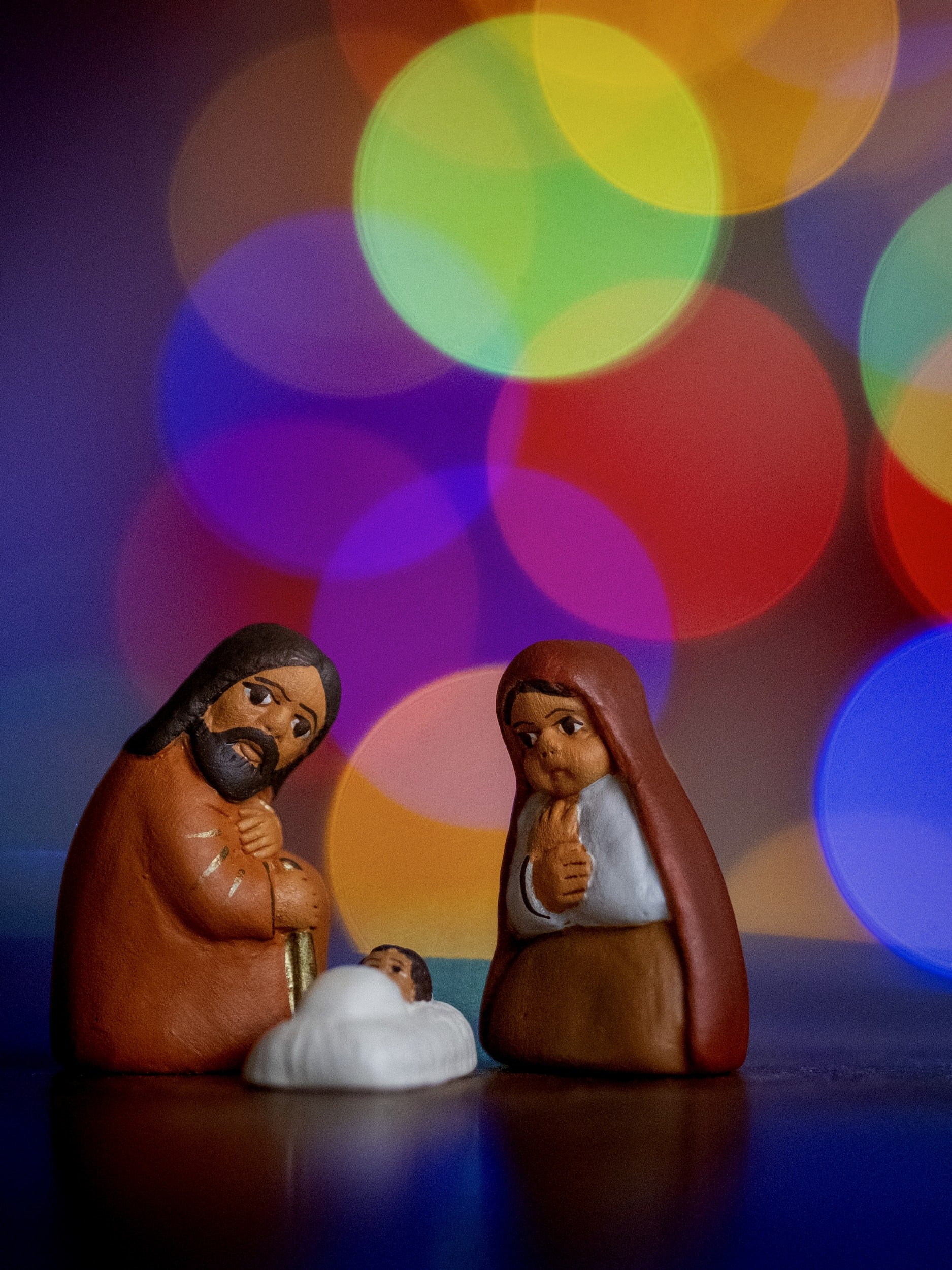Sermons
Subscribe to the (usually-weekly) sermon podcast on Apple Podcasts or Spotify.
Y’all are the light of the world!
Nobody hides their light under a bushel—unless to protect it!
The promise of God
There are two parts to the beatitudes: A longing (that’s ours) and a promise (that’s God’s).
As if you don’t know up from down
Why are these fishermen willing to drop everything when Jesus says, “Follow me?” Perhaps because he invites them—and us—into a new dream where down is up and up is down.
What are you looking for?
What are you looking for? This question Jesus asks is a question to hold on to, and to ask ourselves again and again, in this season after the Epiphany when we learn what it means to follow Jesus.
Three lies and a truth
The Dutch theologian Henry Nouwen has written that there are three lies about our identity that most of us will take on over the course of our lives: I am what I have, I am what I do, and I am who others say I am. But our true identity is found in baptism.
Named and welcomed
As you begin this new year, know that you are held in the arms of God, and that you are named beloved of God, and member of the body of Christ.
Just a little bit of room
This is the story of how God came into the world to live among us, to live as one of us. And it's worth noting that God chose to come into the world in a very particular time and place and way—and not in some other way.
God came into the world where there was just a little bit of room for God. And that was enough.
The fullest Yes
Joseph had a plan—a good, righteous plan—to quietly send Mary and baby Jesus away. And then God showed up.
On the fourth Sunday of Advent, we contemplate in Joseph’s story a God who keeps coming back to us until we say our fullest “Yes” to God’s call.
Seasons of doubt
If even John the Baptist has questions about Jesus, then we, too, can accept our seasons of doubt and uncertainty.
Also! The difference between joy and happiness.
Prepare the way
In the Advent season of preparation, we separate what is necessary and nourishing from what is not needed.
Photo: Archibale Isolation, CC BY-SA 4.0, via Wikimedia Commons
Leave the light on
In Advent, "We begin in the deepest dark, in quiet and peace, with that attention to what burns unceasingly within us. And in that quiet, we let it grow, and we grow and it grows...until on the holy night of Christmas, it's enough to light us all up and set us all on fire."
How the light gets in
There are two criminals crucified on either side of Jesus, and one of them turns to the man on the cross, with the crown of thorns, who is not a king but a loser. And he says, "Remember me when you come into your kingdom."
When all hope was lost, he still saw hope.
How did he see the kingdom of God there? Because if he could do it, we could too,
Knit together
Our ministry here and now is knit by God into the vast and eternal fabric of the Body of Christ.
“For these and all your many gifts…”
Pause and give thanks for the gifts God has placed in our hands, even just for a time.
“Only what we ought to have done.”
Forgiveness is the basic move of Christianity—”only what we ought to have done.” But basic doesn’t mean easy.
Bad stewards for the good Kingdom
The parable of the unjust steward is the fourth in a series of parables that praise “bad stewardship”—letting go of what we think we need to hang on to.
“Surely goodness and mercy.”
There are so many hymns about being lost and getting found. We sing some of them in this week's sermon on the parable of the lost sheep (Luke 15:1-10). And we reflect on how God is better at finding than we are at getting lost.
“As if he should never die.”
St. Augustine had a friend who he loved “as if he should never die.” His insight is that when we really love, we go ALL IN—we don’t calculate the cost—which, when we love what dies, will be grief.
Jesus’ invitation in today’s Gospel is that we love everyone recklessly, unreservedly, and without calculating the cost.
God created us for generosity
Think of someone who helped you, believed in you, and wanted the best for you. Think about the gifts—tangible and intangible—that you received from them.
Now I have one question. Did you repay them?
No? Maybe that's how it's supposed to be.



















